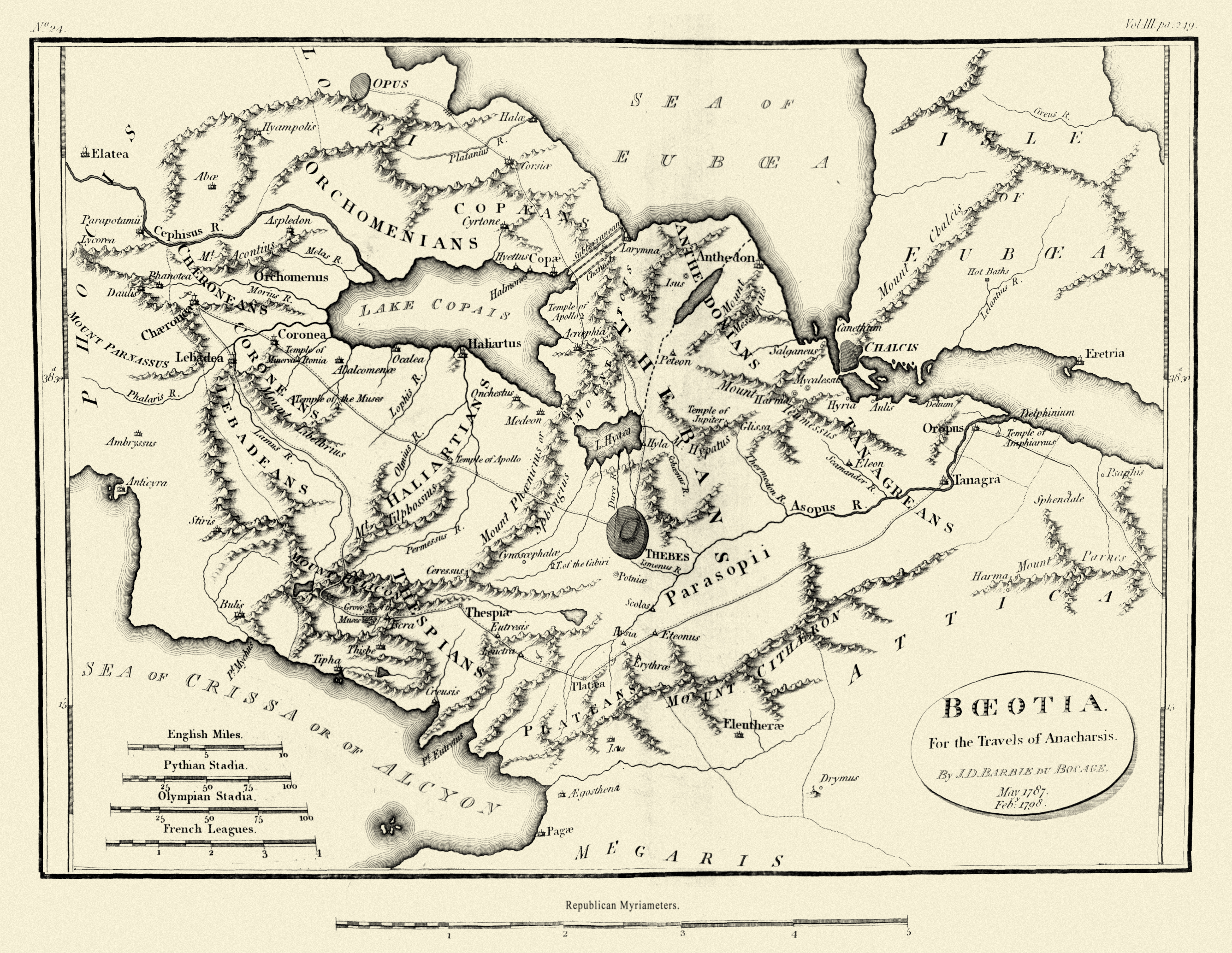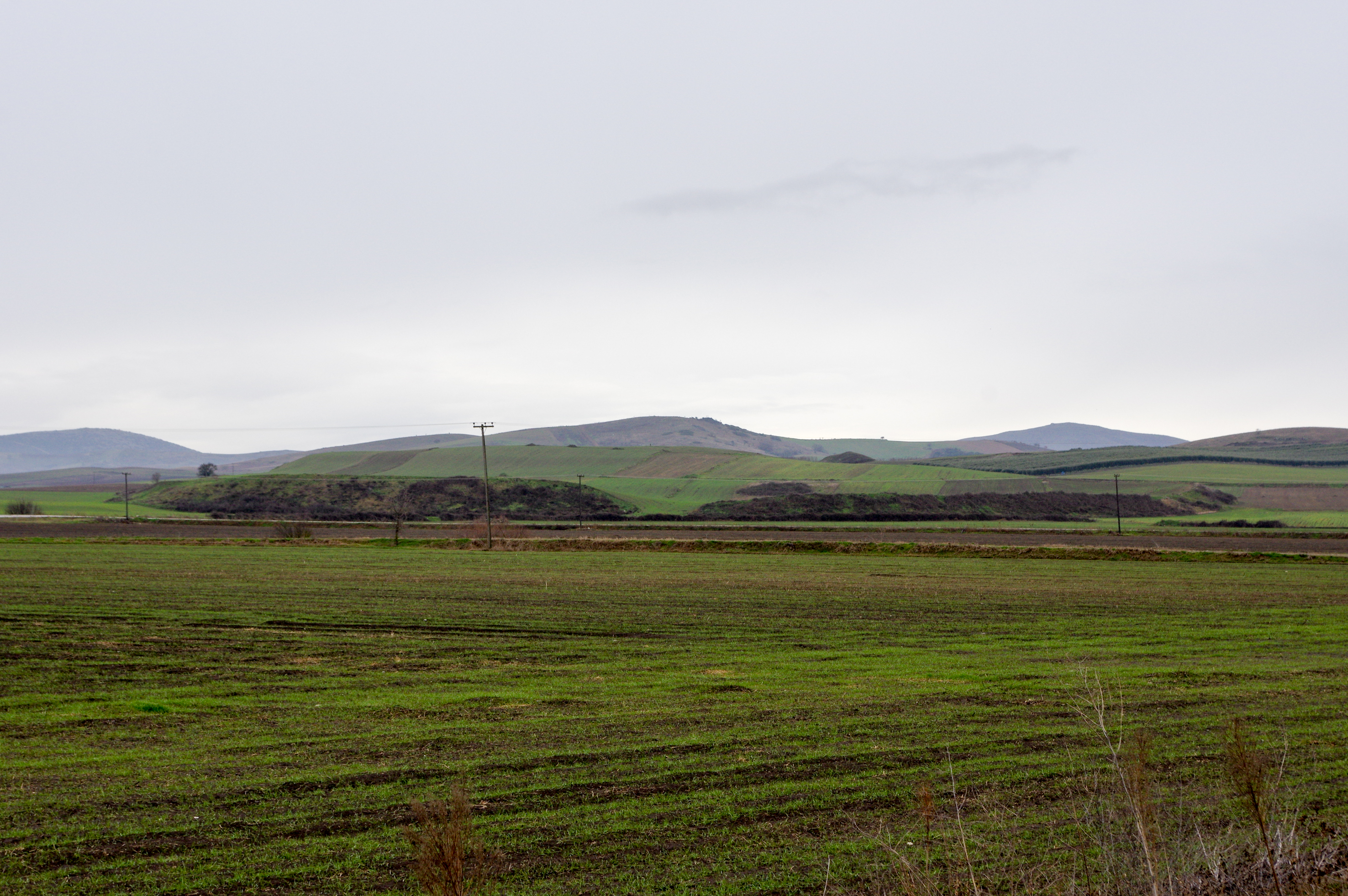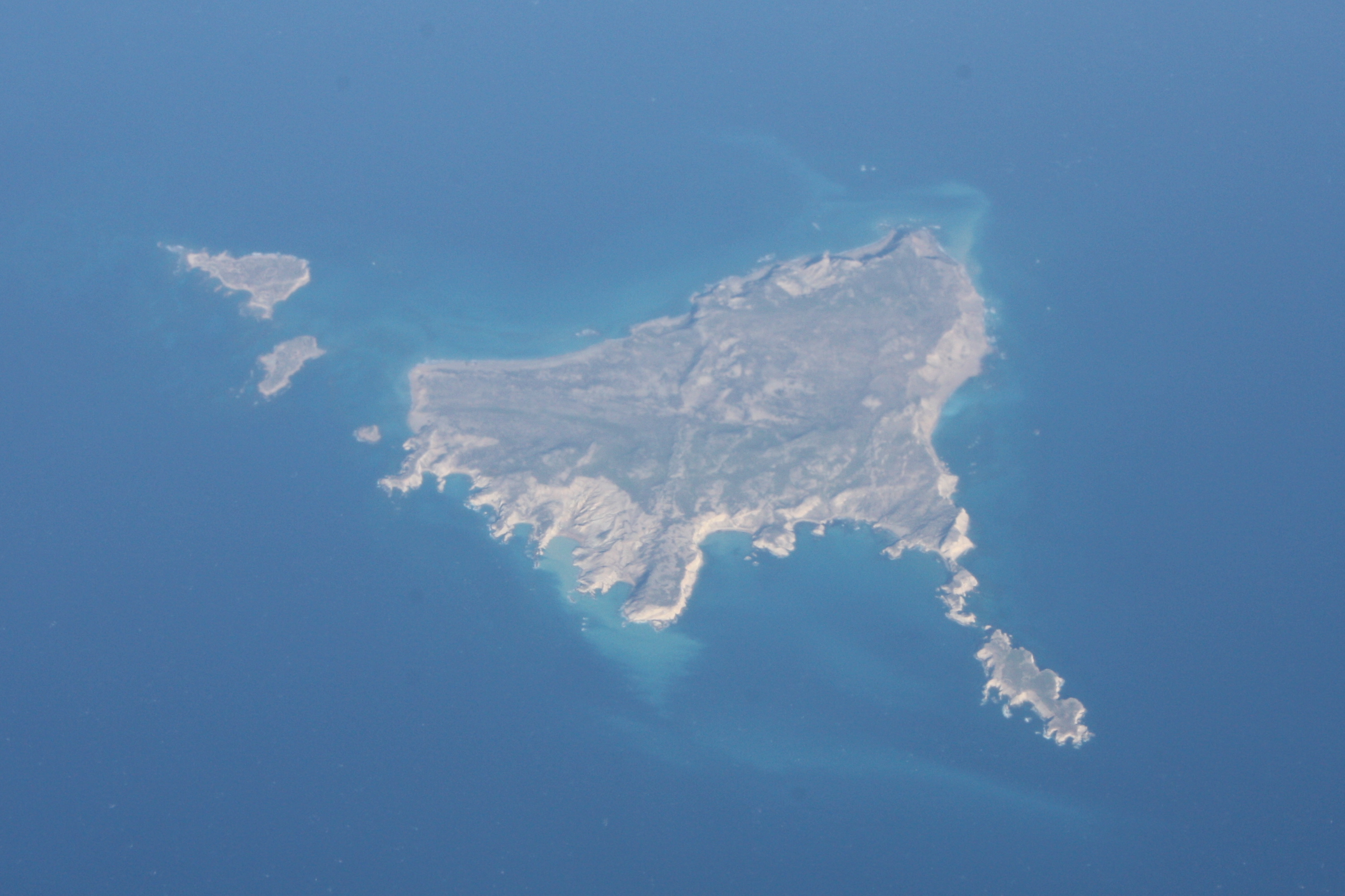Time Periods
Paleolithic
Mesolithic
Neolithic
Chalcolithic
Bronze Age
Iron Age
Classical Period
Post-Classical Period
Early Modern Period
Industrial Period
Contemporary Period
Time Periods
Paleolithic
Mesolithic
Neolithic
Chalcolithic
Bronze Age
Iron Age
Classical Period
Post-Classical Period
Early Modern Period
Industrial Period
Contemporary Period
Location
About
Halae, also known as Halai, was an ancient town located on the Opuntian Gulf, historically associated with the region of Locris but later integrated into Boeotia. As described by ancient geographers such as Strabo and Pausanias, the town was strategically situated near the Platanias River and was the last town within Boeotia's boundaries. The name Halae is believed to have originated from the salt springs in its vicinity, indicative of the area's natural resources. Today, the site is associated with the modern town of Theologos, where remnants of the ancient settlement, including a church, can still be found. The town's historical significance lies in its geographical and political transition from Locris to Boeotia, reflecting the dynamic nature of ancient regional boundaries.
Gallery
Explore photographs of ancient structures, artifacts, and archaeological excavations at Halae

Archaeological Features
Explore the unique architectural and cultural elements found at this historical site
Religious and Ritual Structures
Domestic and Habitation Structures
Historical Timeline
Journey through time and discover key events in this site's archaeological history
Plan Your Visit
Details
- Country
- Greece
- Source
- Wikipedia
More Sites in Greece

Cranon
Ancient fortified city in Thessaly, Greece.
Lower Larymna
Ruins of ancient Boeotian port city

Koufonisi (Crete)
Uninhabited islet with ancient ruins
Pentapoli
Explore this archaeological site.
Echinus (Thessaly)
Explore this archaeological site.
Mytilene
Explore this archaeological site.